Few games in recent memory have had the kind of emotional gut-punch as Ori and the Blind Forest.
The first seven minutes is a heartwrenching sequence that can leave players in tears. It effectively sets a game filled with memorable, heartstring-pulling moments. It also creates an expectation that players will experience additional heartache later in the story.
Though, that’s not what happens. Despite a beautiful art style, fantastic music, and quality Metroidvania design, Ori quickly devolves into a well-constructed but narratively-lacking game.
In just a few months, we’ll be treated to a new tale with Ori at its center: Ori and the Will of the Wisps. The sequel looks to double down on the early promise of Blind Forest, with its focus on Ori’s need to protect a child of his own.
The question becomes: how can Will of the Wisps avoid the mistakes of the past?
The Failed Setup
For some perspective, here’s how Ori and the Blind Forest opens.
The story is straightforward enough. Ori, a young fragment of the Spirit Tree, finds his way into the care of a creature Naru, who adopts him and raises him as her own. Together, they build a life of peace and happiness, until one day, the fruit they relied on to live begins to run short.
Naru foregoes eating for Ori’s sake, assuring him that she’s fine and can live with less. Ori begins exploring for food a little farther afield, returning home with a meager but welcome relief from their hunger. Instead of finding Naru awaiting him, starving but happy, he finds that she’s passed away from starvation in his absence.
Ori has no idea what to do, or really what it is he’s looking at. He nudges Naru again and again, hoping for some response. In despair, he eats the last of the fruit he found and settles down to die beside his mother.
Just before leaving this life himself, Ori awakens to a sound outside his den, and in short order finds himself on a journey to not only save himself but the world at large.
Where to Start
It might seem counterintuitive, but I think Will of the Wisps needs to start the same way as Blind Forest: with a few tear-jerking moments to set the pace. Part of the reason I kept playing the first game was to see if it ever reached the narrative payoff those first moments set up.
While I don’t think the opening cutscene needs to be seven minutes long, it needs to focus on Ori and his new charges: a single owlet orphaned due in some part by Ori himself.
We need to see not only Ori’s lingering guilt at what saving the world did to these newborns but also his determination not to fail them.
It also needs to be clear that the owlet is initially unaware of what orphaned them, and that their trust in Ori is absolute. Such a setup ensures the inevitable showdown between the foster parent and his children, and a possibility for reconciliation.
Ori also needs to appear unsure about his fitness to raise his chosen children in a world where death and suffering await around every corner. Creating that kind of moment is no small feat, but one option is to have Ori alone, clearly contemplating the journey ahead of him, reflecting on the past and what his experiences taught him the first time he had to leave the safety of his home.
How to Improve
Once Ori and the owlet set out, Will of the Wisps should not devolve into a standard Metroidvania experience. Nor, however, should it be a continuous escort quest. Instead, Ori and his charges should find ways to work together to solve problems.
Such a setup should put the owlet in danger that requires Ori’s help, but never often enough that the situation loses its emotional punch.
I don’t think the first time that happens warrants a cutscene on its own, either. Rather, one should occur the first time Ori is genuinely helpless to save the creature he’s sworn to protect. I’m not sure whether I want that owlet to die or not, because such a move can sometimes feel like a cop-out.
Of course, if Ori can get the owlet out of any situation, that has problems of its own. They need to become self-sufficient, and I expect there to be at least one sequence where we control them in some fashion, either to save Ori himself or to find a way to help him.
If we do get something like that, I think it necessary that the owlet learns of their past, or at least have some moment of reflection about their current situation. Any child who looks different from their parent begins at some point to question their heritage.
We’re lucky, then, that the world of the Ori franchise is filled with ancient magic and fantastical creatures. We know Ori and the owlet come across some forgotten ruin telling his mother’s story or that of his race’s past. He might also find some hidden secret about Ori and his creator, the Spirit Tree.
In any event, there needs to be some conflict between adopted parent and child, and it needs to play out through gameplay. A chase would be the most likely avenue for such a situation, but some sort of non-combat boss fight might also be interesting.
It should be clear by this moment’s end that the trust and love between Ori and the owlet is vulnerable to shattering. Were I in charge of the story, reconciliation would be impossible. The gulf created by earlier events should be too high.
Story beats like those above should be a mix of cutscene and gameplay, though I think Will of the Wisps could undoubtedly do with additional cutscenes. One of the strengths of the opening to Blind Forest was its focus on straight storytelling. Players could identify with the characters because their struggles were familiar, without the trappings of a vast fantasy world to burden them.
Will of the Wisps needs to recapture some of that magic. Give us a few three-to-five minute story sections where the difficult platforming and beautiful world take second fiddle to quiet character-building moments.
Another weakness of Blind Forest was how little we got to know Ori himself. He’s determined, of course, and driven, capable and caring, but what he wants, what he cares about, his hopes and dreams — we lack the core concepts that define him.
Will of the Wisps has a chance to explore these topics in real detail, and additional cutscenes are a great way to accomplish that. Ori himself needs to be more emotive in gameplay, as well. Let him react to the challenges that face him, to the damage he causes, or the creatures he has to kill. Maybe his design changes as the story goes on, growing wearier and beaten down.
Part of me wants the game to end with Ori’s death, or at least some sort of personal sacrifice, maybe as penance for what he perceives as transgressions. The ending ought to be hopeful, admittedly, but it should not come without cost.
Nothing ever does.
Seven Minutes
We’ll see if Will of the Wisps can build on both the solid gameplay and the narrative punch of its predecessor’s introduction. It could yet be that developers are more concerned with a good core loop than they are in building a memorable narrative. Something tells me, though, that there’ll be more going on than just a beautiful Metroidvania game.
Whether developers can pull it off is another matter. Ori and the Will of the Wisps is set to release on March 11 for PC and Xbox One.

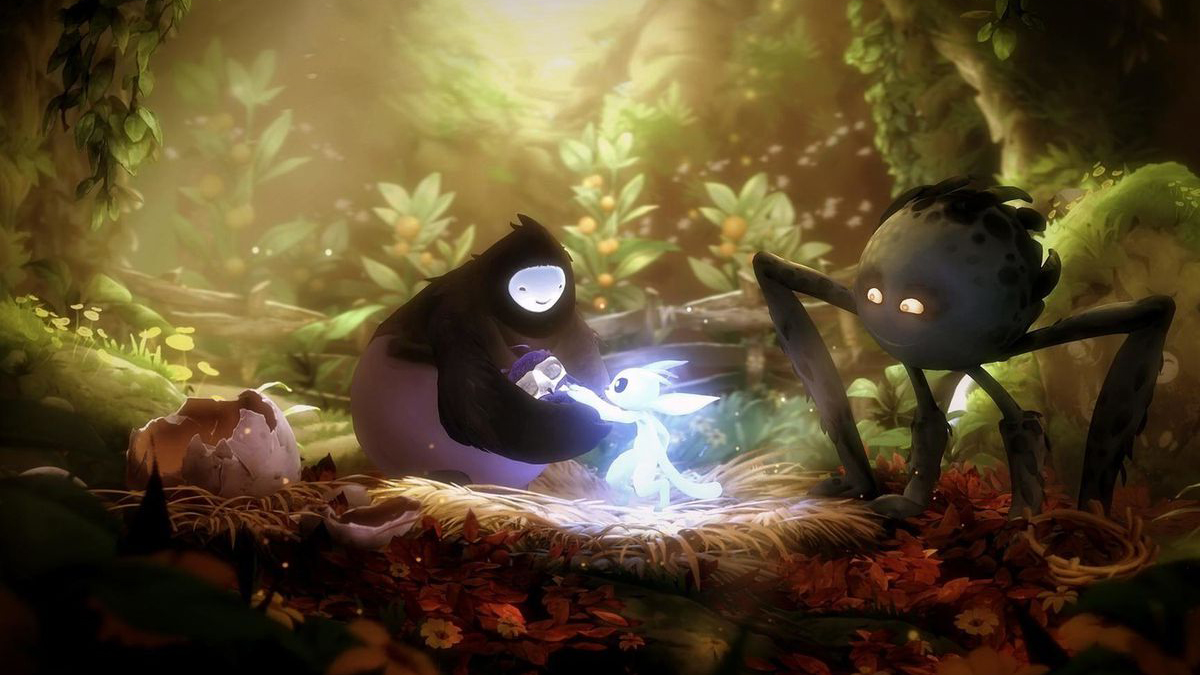
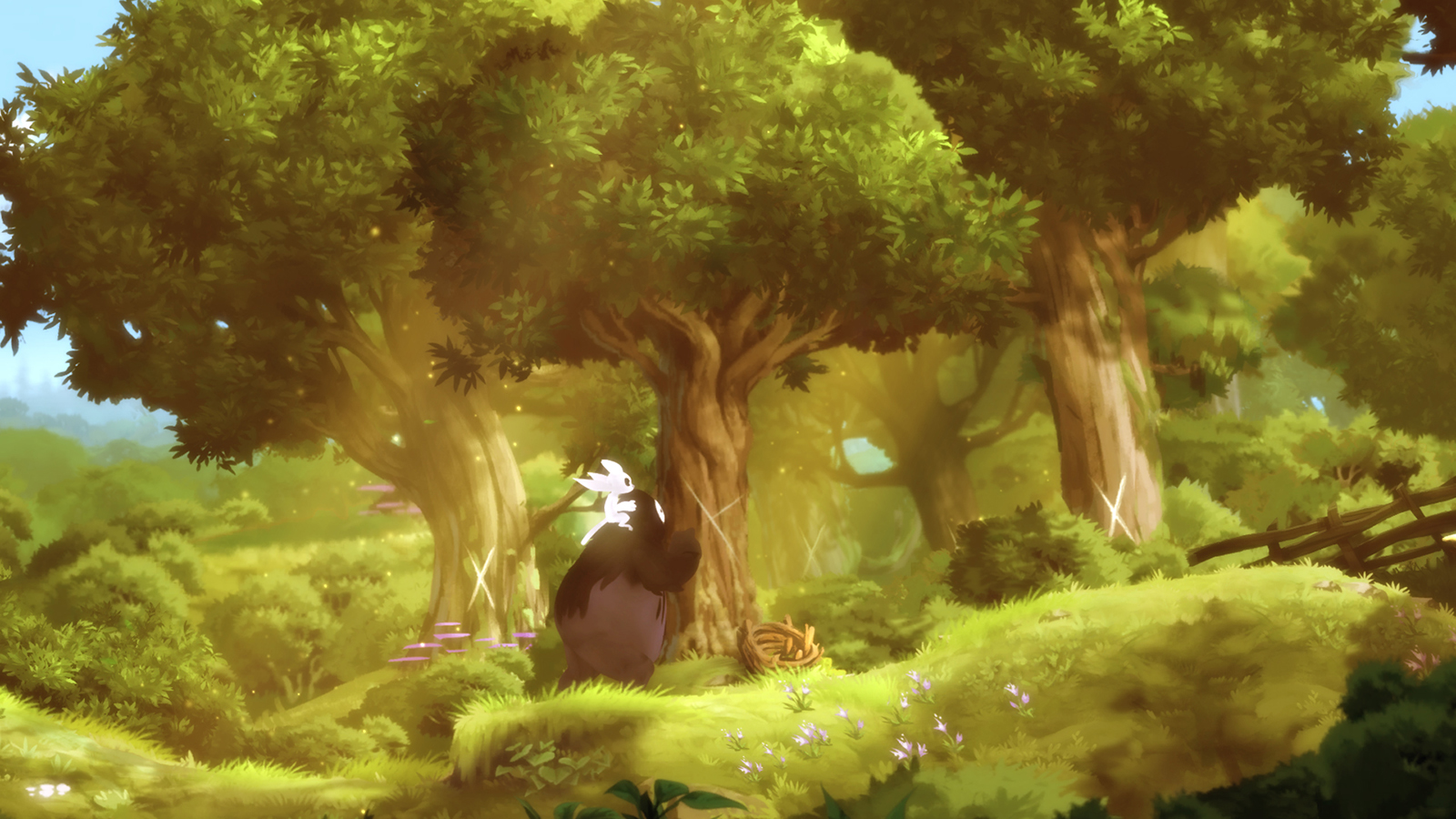
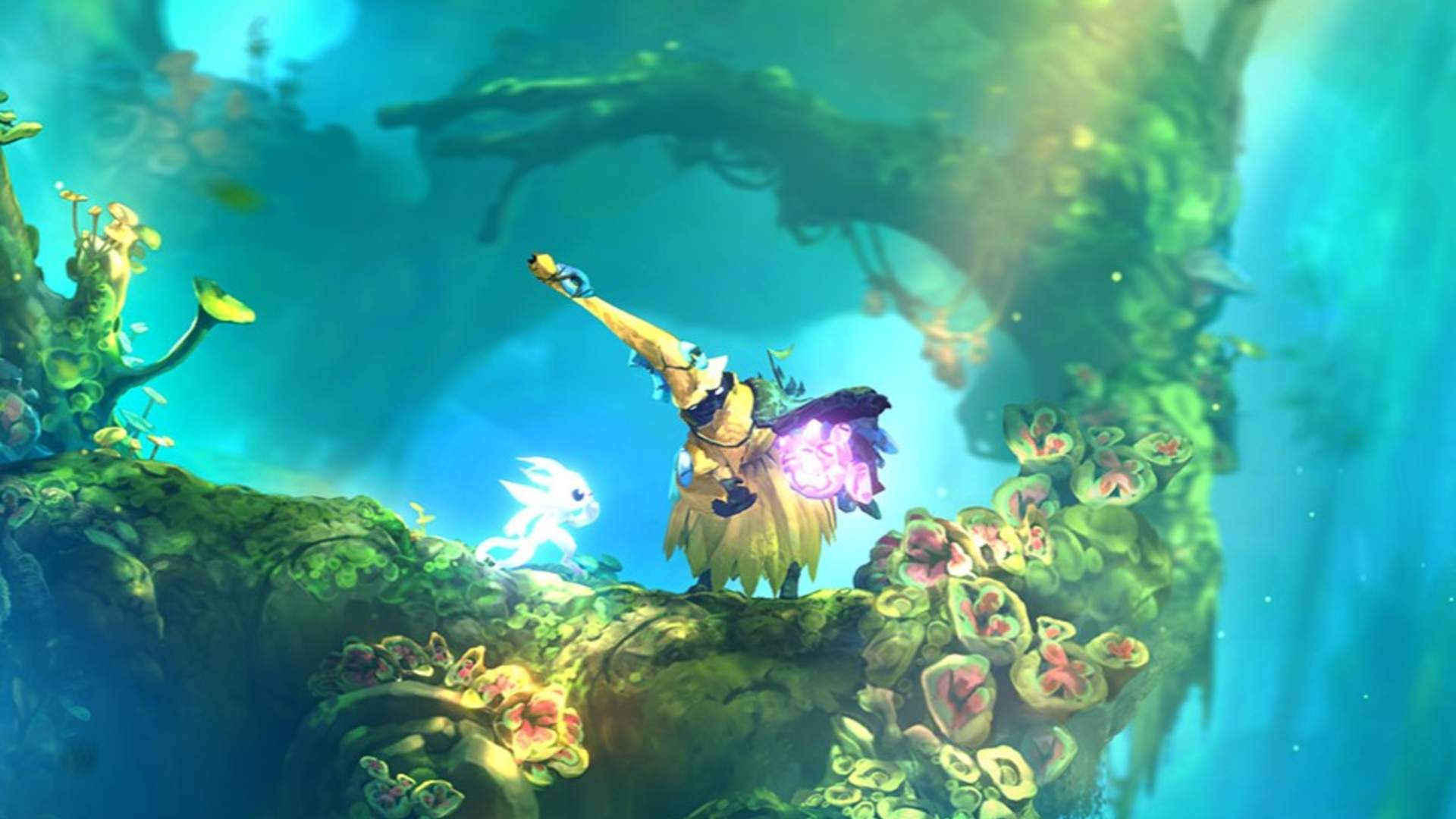
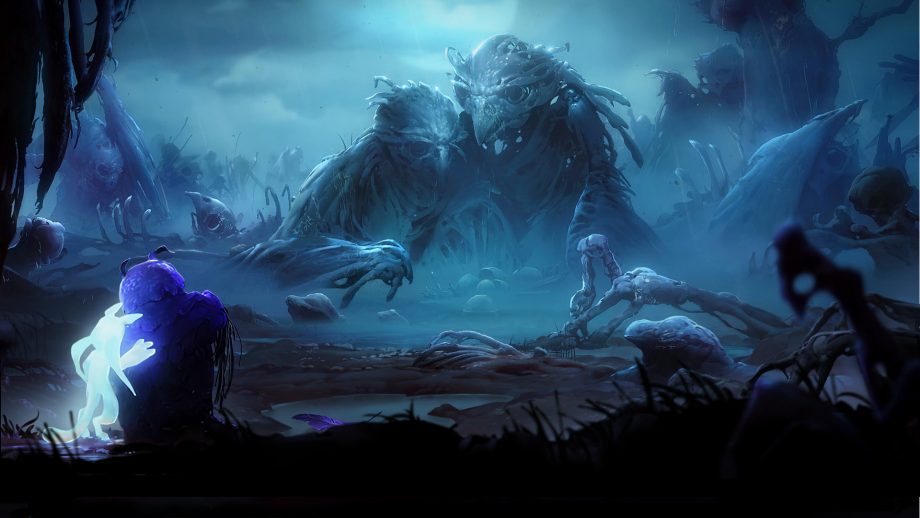
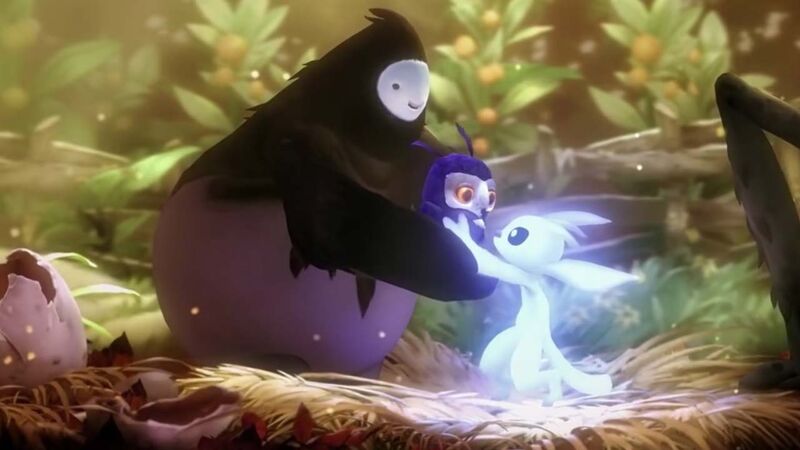
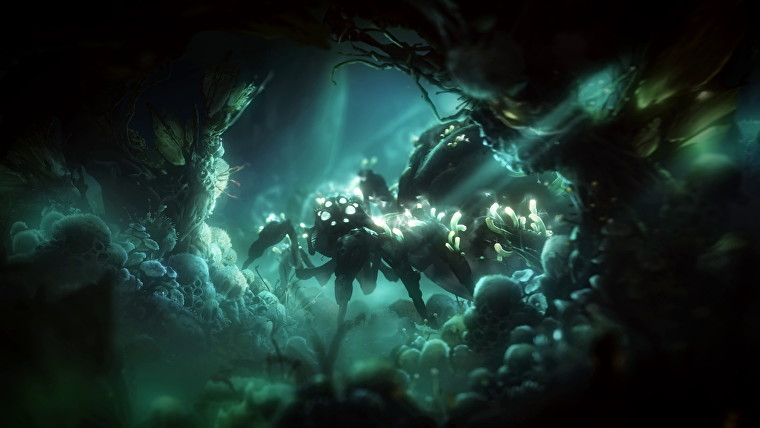





Published: Jan 19, 2020 02:17 am